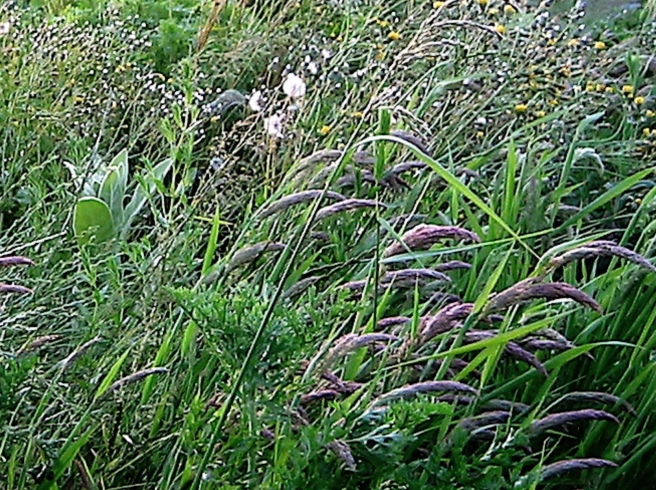Each babbling brook delivers the Buddha’s sermons. Countless thousands of poems flow, one after an other, day and night, Without a single word being spoken.
Open up to hear to each of Nature’s sounds. Reflect on Shunryu Suzuki-Roshi’s sage advice about how to sharpen your sense of hearing while you’re on an ocean beach: “There, if you’re alert, you can hear the tide turn.”
Remain alert to hear bird songs. Don’t think, Self-consciously, “I’m listening to that bird.” There’s no need for you to insert your Self back into that explicit role. You don’t need to be some person inside who remains actually conscious of striving to do the listening. Instead, allow your ears just to hear its notes directly. Just Hearing.
Consider all the other delightful surprises of be coming a bird watcher. Gaze up to follow distant birds in flight. Notice how raptors soar effortlessly, aided by the wind. In contrast, flocks of shorebirds, like the golden plover, wheel, twist, and dive in unison. Bird sightings tap into our most primitive instincts and sentiments.
— James H. Austin, from “Meditating Selflessly: Practical Neural Zen”
Gull @ Daybreak. 6:25 am, Feb 21, 2022. 30° F, feels like 22° F. Cove Island Park, Stamford, CT. More pictures from this morning here.




